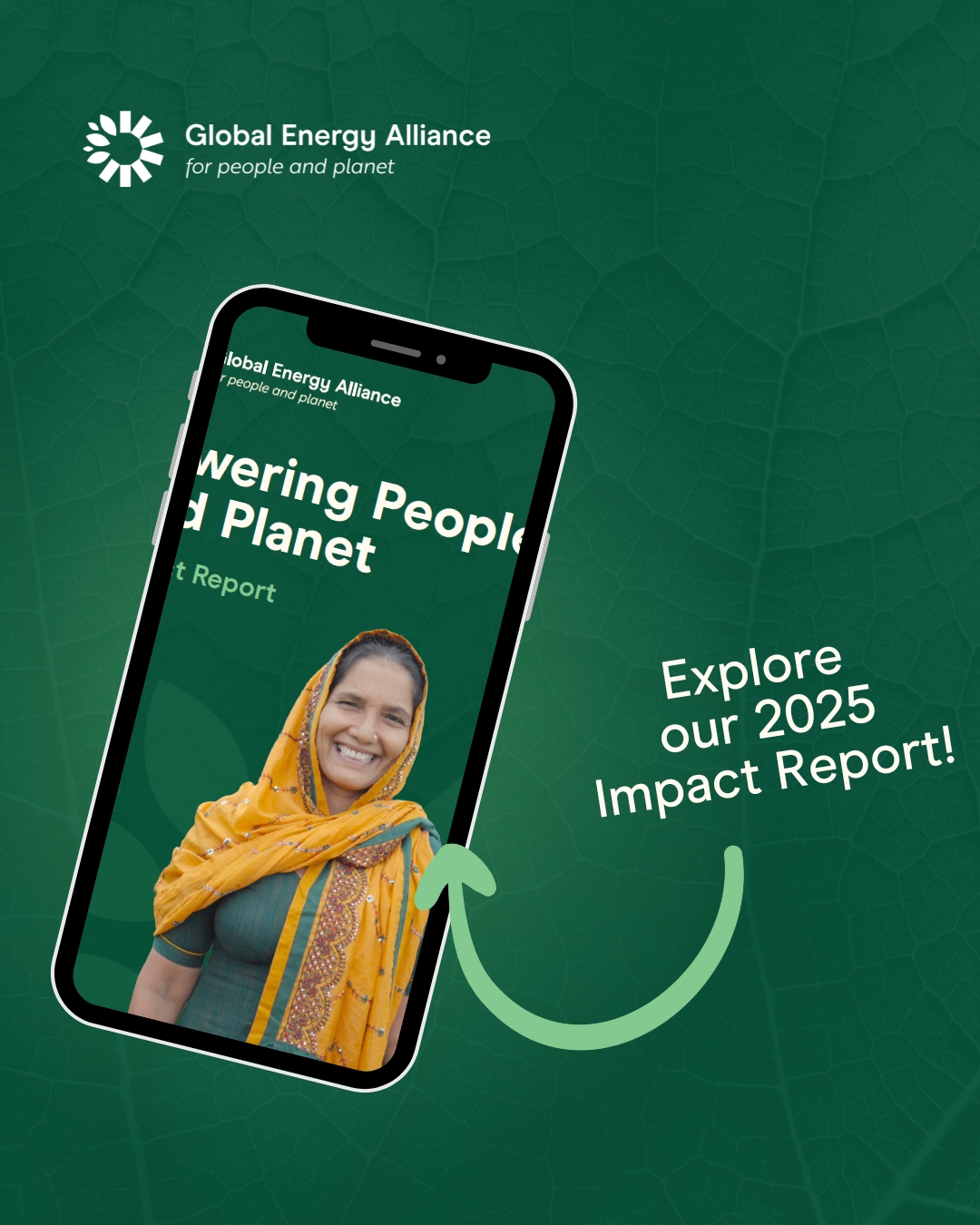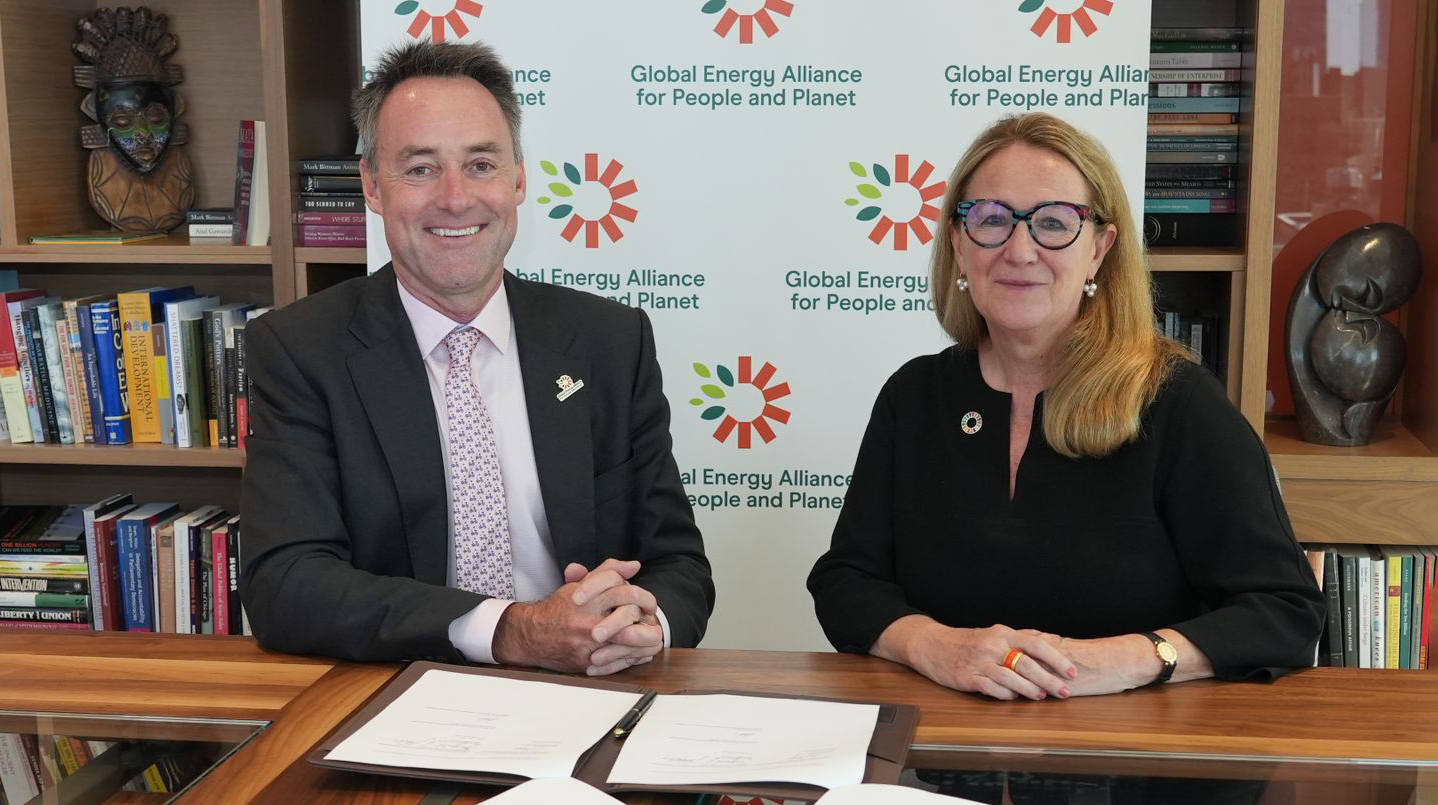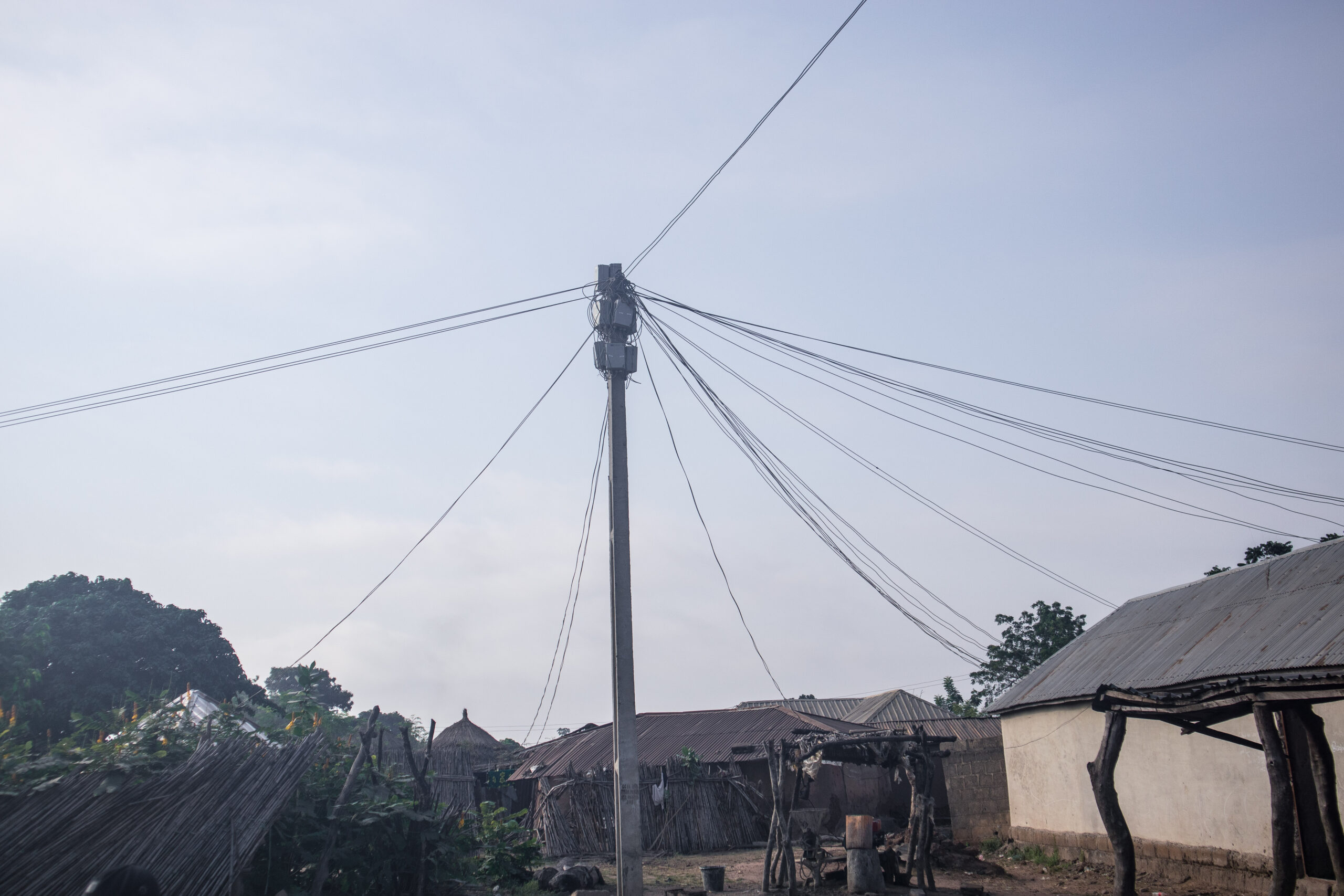New Analysis Demonstrates How Covid Crisis and Russia’s Invasion of Ukraine Are Derailing Energy Development in Emerging and Frontier Economies

NEW YORK | August 23, 2022 ― The Energy for Growth Hub, with support from The Rockefeller Foundation and the Global Energy Alliance for People and Planet, published new analysis detailing the disproportionately severe effects that continued economic disruption caused by Covid-19 the Russian invasion of Ukraine and are having on energy sectors in emerging and frontier economies. “New Headwinds to Clean Energy” provides a first-of-its-kind analysis of the interlocking disruptions in global supply chains, rising costs, fixed power purchase agreements, tightening monetary policies, and pandemic drained budgets. In addition to demonstrating why progress made over the last decade towards universal access to energy (SDG7) is rolling back, particularly in Africa, and hindering developing countries’ efforts to transition away from fossil fuels, it also outlines high-priority actions that governments and development financiers can take today in order to prevent continued backslide into the future.
“The volatility of the last few years has hit energy investments in emerging and frontier markets particularly hard, and they will likely continue to face challenges even if things stabilize for richer economies,” said Katie Auth, Policy Director of the Energy for Growth Hub and co-author of the report. “There is huge potential to scale clean energy in these countries – but it’s going to require more attention, more resources, and new thinking around how to provide better, more effective support.”
The Challenge – Development gains at risk due to four simultaneous squeezes
The report identifies four interlocking squeezes disrupting both grid and off-grid energy development across emerging and frontier economies:
- Supply chains – Hurdles are leading to delays and increasing costs of logistics and inputs. Logistics and transportation networks have been strained since early in the pandemic, adversely affecting the renewable energy value chain. Another round of strict lockdowns under China’s “Zero COVID Policy” has resulted in major shipping delays for solar, wind, and battery components, and relevant raw material input prices have also spiked, in particular for steel and iron ore, aluminum, copper, polysilicon, and battery metals. The latter includes surging demand for electric vehicles globally plus constraints resulting from sanctions on Russia. Additional constraints include trade protectionism in the renewables industry and concerns regarding forced labor in the Xinjiang province of China, home to 42% of global polysilicon production capacity.
- Contracts – Utilities are caught between rising costs and fixed power purchase agreements (PPAs), pushing investors to find workarounds. While this trend is longstanding in developing countries, pandemic-related shocks (combined with government efforts to cushion consumers) have made it worse. Economic disruptions led to rolling dips in electricity demand, as well as widespread reductions in customers’ willingness and ability to pay for electricity, and decisions by many countries to defer electricity bill payments or cancel them outright. Together, these factors have hammered utility balance sheets, although the effects have varied significantly by country.
- Cost of capital – Tightening monetary policy and rising interest rates are driving up the costs of capital, especially impacting capital expenditure (Capex)-heavy clean energy. Rising global interest rates and an increasingly unstable macroeconomic environment are having disproportionately negative effects on capital-intensive renewable markets. In emerging and frontier economies, they already face higher risk premiums. For example, economy-wide financing costs in Africa can be more than seven times higher than those in Europe or North America, reflecting both country-related risks and the region’s underdeveloped local financial ecosystems.
- Demand – Public sector appetite for new PPAs and investment in enabling infrastructure is waning. Many under-electrified countries carry high (and rising) public debt burdens, which increases sovereign and macroeconomic risk and the cost of capital. This is constraining government appetite to guarantee new investment in energy supply, or to devote public funding to the infrastructure needed to enable a high-renewable future – including grid networks.
“As compounding global crises continue to push people into poverty, hundreds of millions of people across Asia and Africa cannot afford even the most basic access to electricity,” said Ashvin Dayal, Senior Vice President of the Power and Climate initiative at The Rockefeller Foundation. “Fortunately, the world has the tools it needs to get things back on track and, if we act now, regain the progress we were making toward the Sustainable Development Goals — including achieving universal energy access with renewable electricity, which is central to providing real, sustainable opportunity for people all over the world.”
Recommendations to mitigate long-term effects
“New Headwinds to Clean Energy” concludes with four high-priority actions that governments and development financiers can take now to address the root causes disrupting the energy sector, including:
- Support more aggressive diversification of the global renewable energy supply chain. Expanding investment in emerging market-based manufacturing and mineral extraction, relaxing protectionist policies, and adopting a common set of supply chain traceability standards.
- Expand the tools available to support distressed utilities. Providing far more funding for transmission and distribution, plus multilateral lenders modernizing their approach to supporting utilities and grid infrastructure
- Provide aggressive countercyclical financing. Launching South Africa Just Energy Transition Partnership (JETP)-style packages for more non-coal countries and creating a Climate Finance Global Guarantee Facility.
- Aggregate procurement, particularly for distributed renewable energy (DRE). Launching a platform to aggregate individual smaller-scale projects in high-risk markets.
“It is clear that the war in Ukraine and the impact of Covid-19 is threatening clean energy gains for millions of people around the world without electricity. This means we are seeing a rolling back on progress towards universal access to energy (SDG7) and setbacks on countries’ efforts to transition away from fossil fuels,” said Sundaa Bridgett-Jones, Chief Partnership and Advocacy Officer the Global Energy Alliance for People and Planet. “The Energy for Growth Hub’s supply chain report provides evidence-based data and four clear recommendations on what can be done to address these devastating trends and accelerate progress towards clean energy access for everyone. We are excited about the capabilities that will emerge from this report, but we need the collaboration of governments and development financiers to see its potential.”
About the Energy for Growth Hub
The Energy for Growth Hub is a nonprofit global network of scholars and advocates at leading universities and influential think tanks across Africa and Asia. We aim to generate and spread new ideas, to influence policy makers in governments and international institutions, and to accelerate progress to end global energy poverty and power a high-energy future for everyone. For more information, please visit www.energyforgrowth.org and follow us on Twitter @energyforgrowth.
About the Global Energy Alliance for People and Planet (GEAPP)
The Global Energy Alliance for People and Planet (GEAPP) is a platform for collaborative action to accelerate green energy transitions and renewable energy solutions in developing and emerging economies. GEAPP provides grant funding, technical assistance, and a range of financing options through a historic partnership of philanthropy, multilateral development banks, development finance institutions, international organizations, and governments. GEAPP leverages catalytic grant funding to unlock public and private capital and scale renewable energy projects that provide underserved people with access to clean power, reduce carbon emissions, and enable green jobs, driving inclusive economic growth. For more information, please visit www.energyalliance.org and follow us on Twitter at @EnergyAlliance.
About The Rockefeller Foundation
The Rockefeller Foundation is a pioneering philanthropy built on collaborative partnerships at the frontiers of science, technology, and innovation to enable individuals, families, and communities to flourish. We work to promote the well-being of humanity and make opportunity universal. Our focus is on scaling renewable energy for all, stimulating economic mobility, and ensuring equitable access to healthy and nutritious food. For more information, sign up for our newsletter at rockefellerfoundation.org and follow us on Twitter @RockefellerFdn.
Media Contacts
Ashley Chang, Head of Media Relations
+1 212 852 0000 | achang@rockfound.org



